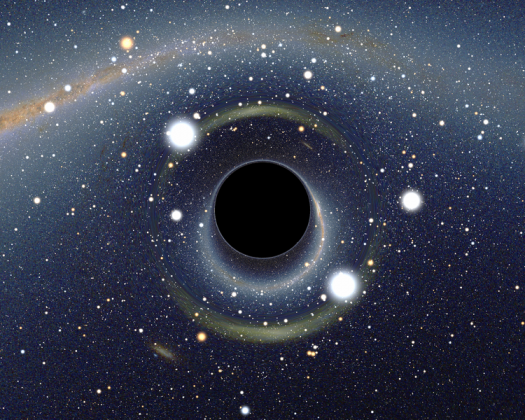The Big Bang Theory May Not Be How The Universe Started
Sep 20, 2013 18:32

We've always been told that it was the Big Bang that kickstarted the universe. But according to a paper posted on Arxiv, it may not have been what we think it is. In fact, there may have been no Big Bang at all. How did everything start then?
The theory suggests that the universe began with an extraordinarily, and infinitely dense clump of matter that began cooling and expanding, which in turn allowed the formation of subatomic particles, birthing stars and planets. That's what we understand of the Big Bang Theory.
We've stuck with this theory as a very plausible explanation for how the universe began. But the problem lies in the mystery of what triggered an ultradense pinpoint of matter to explode. Another problem is that the universe is almost entirely of a uniform temperature, so it would be unlikely that the temperature from the Big Bang would have evened out so thoroughly until now.
The new theory suggests that the universe began with a result of the collapse of a four-dimensional star - a crazy black hole. The most bad ass kind. According to an explanation:
In that model, our three-dimensional (3D) Universe is a membrane, or brane, that floats through a ‘bulk universe’ that has four spatial dimensions. [The] team realized that if the bulk universe contained its own four-dimensional (4D) stars, some of them could collapse, forming 4D black holes in the same way that massive stars in our Universe do: they explode as supernovae, violently ejecting their outer layers, while their inner layers collapse into a black hole.
3D black holes have a 2D membrane boundary called an "event horizon". But 4D black holes would have 3D event horizon, which means the collapse of a 4D star would expand over time, exploding material into the 3D event horizon. That 3D event horizon could be our universe.While this is still an early theory, new findings from the European Space Agency found fluctuations in ancient microwaves that match the Big Bang Theory and not this black hole one. The team of scientists are still tweaking their models, so this could really just be an alternate suggestion and theory to the Big Bang one.
It's not time to remove that from our books just yet.
Read more over at Nature.







































































